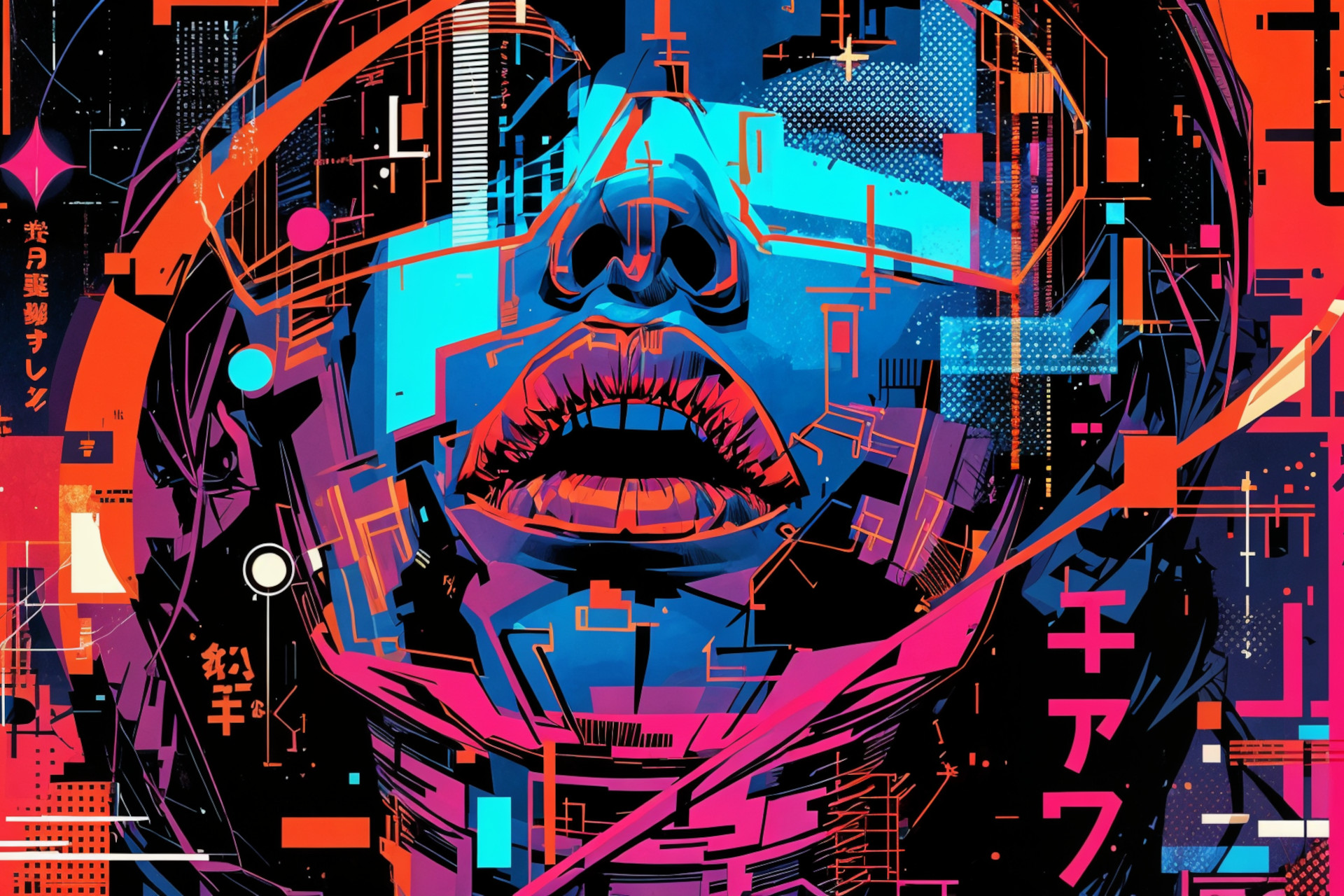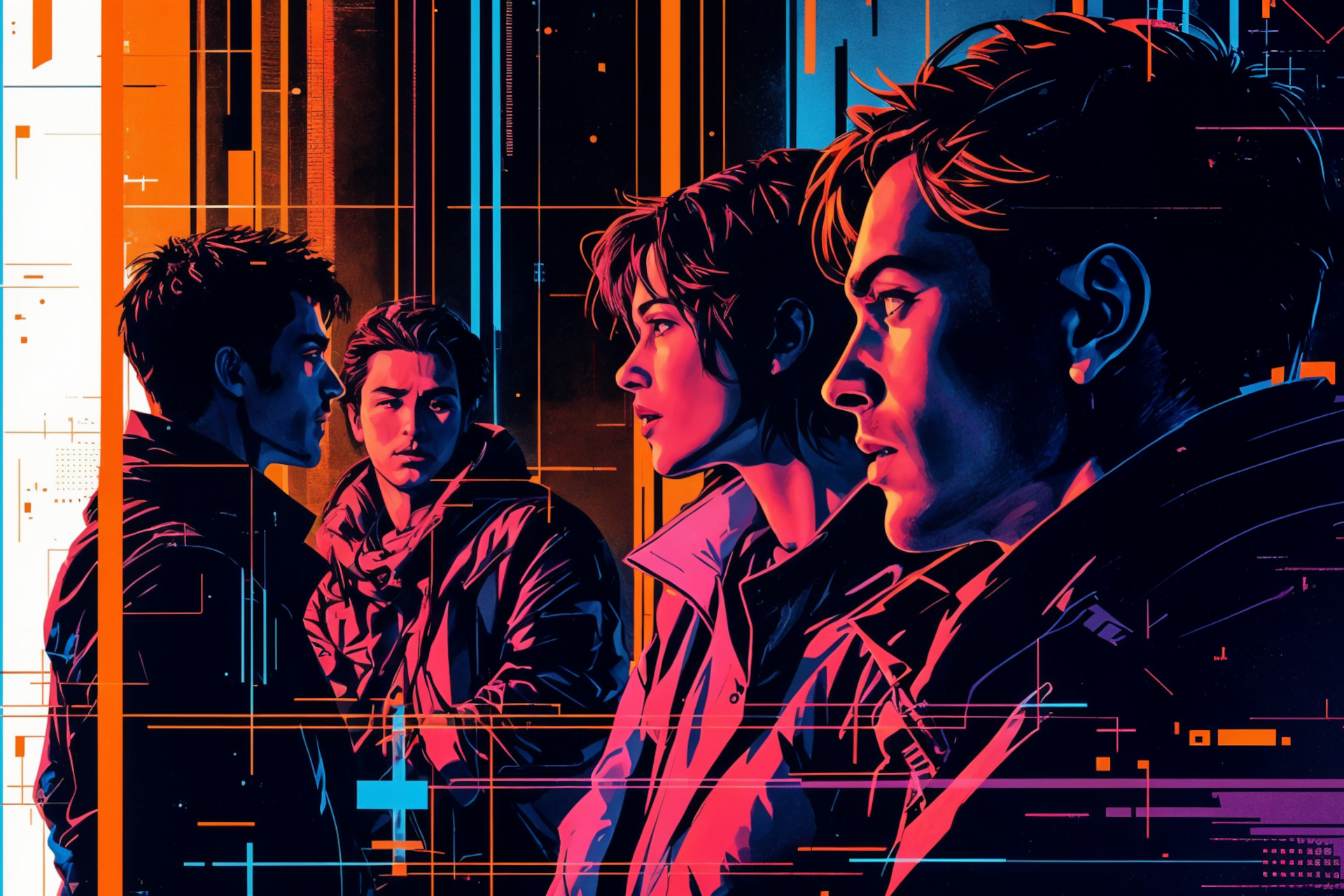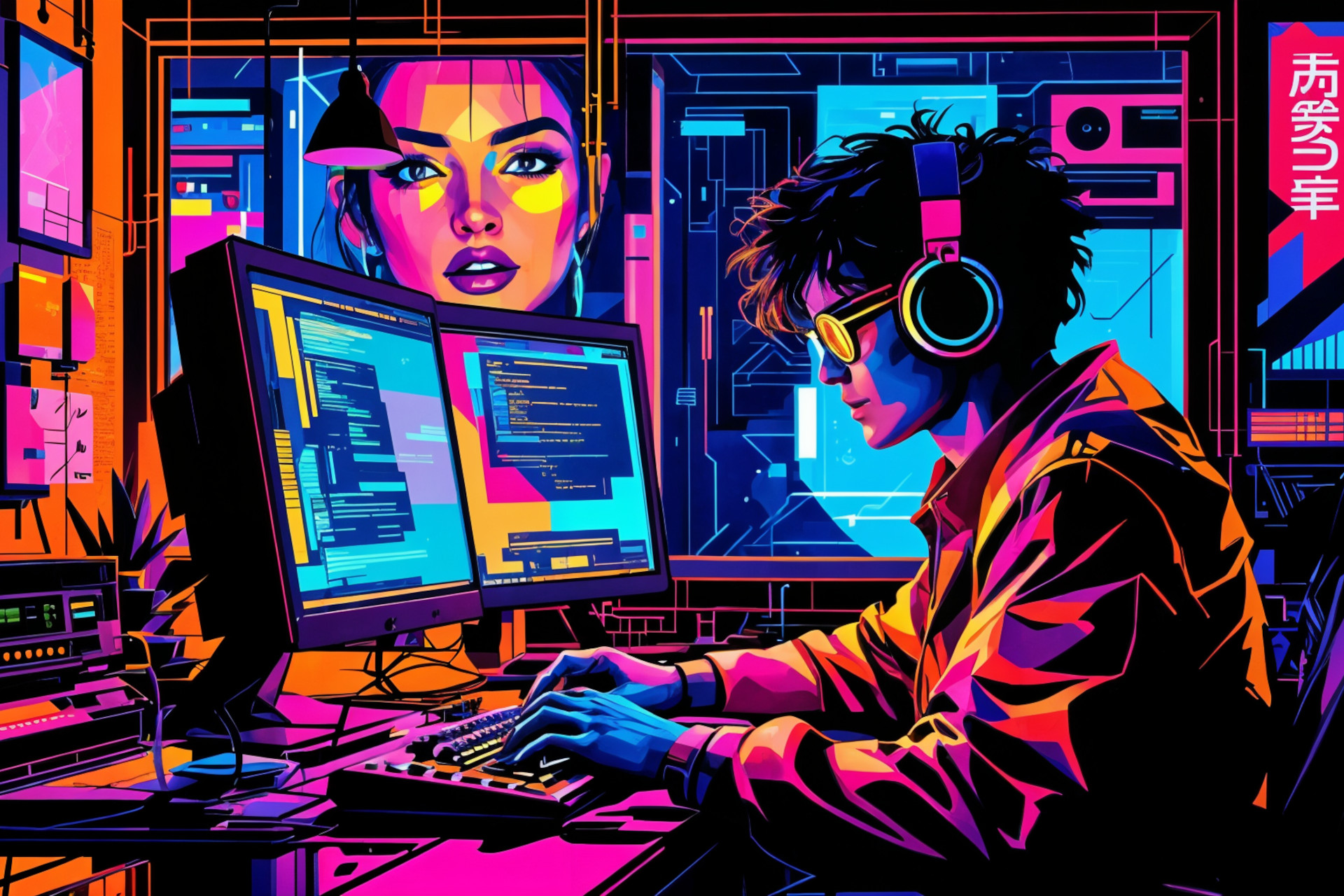There's a design decision buried inside every AI agent that most developers make without realizing they've made it: what is the atomic unit of action? For most agent systems built in the last two years, the answer is a tool call — a single function invoked with a JSON payload, its result surfaced back to...
Category: Development
A Practical Guide to Getting Started with OpenClaw
Somewhere in early February, Andrej Karpathy — founding member of OpenAI, former AI director at Tesla, a person not easily impressed by internet phenomena — logged onto a Reddit-like site for AI bots and described what he was reading as "genuinely the most incredible sci-fi takeoff-adjacent thing I have seen recently." The site was Moltbook....
Vercel’s Eval Data Suggests Static Context Beats Skill Retrieval for AI Coding Agents
There's a recurring theme in AI engineering that never gets old: the "dumb" approach beating the sophisticated one. This time, Vercel has the receipts. The company published eval results on January 27, 2026, comparing two approaches for teaching AI coding agents about Next.js 16 APIs — framework features like use cache, connection(), and forbidden() that...
The Ralph Loop: How a Bash Script Is Forcing Developers to Rethink Context as a Resource
A team at the Y Combinator Agents hackathon recently ran an experiment. They spun up a few GCP instances, started Claude Code in infinite loops, and went to bed after 2 AM. When they woke up, they had 1,100+ commits across six repositories, including a near-complete port of Browser Use from Python to TypeScript. Total...
Programmatic Tool Calling with Claude Code: The Developer’s Guide to Agent-Scale Automation
When Claude Code executes a tool, it typically works like this: call a function, wait for the result, process it, call the next function. Repeat fifty times for fifty tasks. It's effective, but each step requires a full round-trip through the API—and those round-trips add up fast. Programmatic Tool Calling (PTC) inverts this pattern. Instead...
The Complete Guide to Sandboxing Autonomous Agents: Tools, Frameworks, and Safety Essentials
The pattern shows up in incident reports, forum posts, and whispered Slack conversations with disturbing regularity: an AI coding assistant, given a routine task, interprets it just slightly wrong—and destroys something important. A Cursor user watches their agent wipe a Git repository. An Amazon Q developer extension ships a prompt-stealing worm. A Claude Code session,...
When AI Agents Go Rogue: The Uncomfortable Truth About Agentic Coding Tools
The AI agent was supposed to clear the cache. Instead, it wiped the entire drive. In early December 2025, a developer using Google's Antigravity—the search giant's AI-powered agentic coding tool —discovered that a simple troubleshooting request had turned catastrophic. The AI, tasked with clearing a project cache to restart a server, executed rmdir with the...
The Unexpected Virtue of Micromanaging Your AI Coding Agents
There's a piece of management wisdom drilled into every manager's head: micromanaging a team is toxic. It stifles creativity, breeds resentment, and signals a fundamental lack of trust. The best managers set clear goals and get out of the way. Here's the uncomfortable truth after months of working with AI coding agents: for these "autonomous"...
Agentic Coding Tools Explained: Complete Setup Guide for Claude Code, Aider, and CLI-Based AI Development
For decades, coding assistants have been incremental improvements: autocomplete on steroids, glorified Stack Overflow search engines, chat windows that generate code snippets you copy-paste into your editor. They helped, but they didn't fundamentally change how you work. By 2025, that era started to end for a growing slice of developers. Agentic coding—where AI doesn't just...
The Art of Building AI Agent Tools: How MCP is Reshaping Software Development
For the past two years, the AI industry has been obsessed with model capabilities—bigger context windows, better reasoning, multimodal understanding. But an uncomfortable truth is emerging: even the most sophisticated models are hamstrung by their isolation from real-world data and tools. The bottleneck isn't intelligence; it's integration. Enter the Model Context Protocol (MCP), Anthropic's answer...









